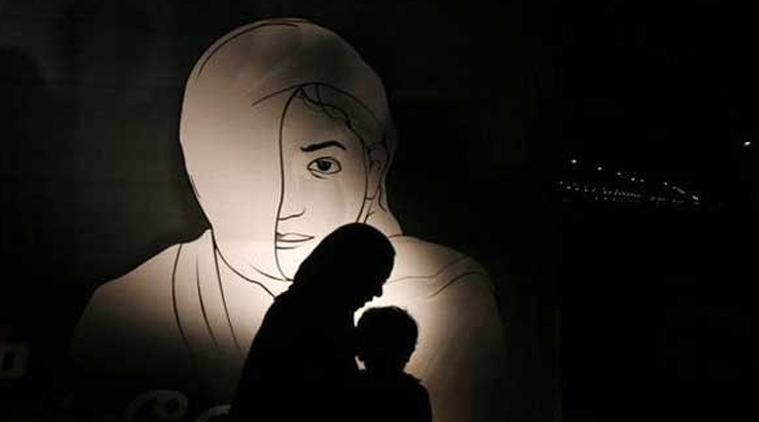 Pamecha says that due to negligible monitoring by the WCD department and women’s commission, there is less accountability among organisations that have not constituted ICCs. (Representational Image)
Pamecha says that due to negligible monitoring by the WCD department and women’s commission, there is less accountability among organisations that have not constituted ICCs. (Representational Image)
In the 1990s, the gangrape of Bhanwari Devi led to the Supreme Court framing the Vishaka guidelines to deal with complaints of sexual harassment at the workplace. Twenty years on, women’s rights activists who filed the PIL that led to the court’s observations say that in many instances, poor monitoring has resulted in less accountability among organisations.
“People are either not forming internal complaints committees (ICC), or doing so only on paper. They are not advertising, nor conducting orientation programmes. It should be implemented well by the organisation and the monitoring agency,” activist Mamta Jaitley says about the ongoing #MeToo campaign.
Jaitley was a signatory for the Vishaka Women’s Education and Resource group, which in 1992 filed a PIL in the Supreme Court along with Women’s Rehabilitation Group, Jagori, Kali for Women and Rajasthan Voluntary Health Association. The PIL resulted in the Vishaka guidelines being framed in 1997.
The PIL was filed following the 1992 gangrape of Bhanwari Devi, an employee of the Rajasthan Women and Child Development (WCD) Department who had tried to stop a child marriage.
“The immediate instance because of which we decided to file the PIL was the gangrape case and the way the state government took the position that the victim was telling a lie. Everybody, from the Chief Minister to the police and MLAs, called her a liar,” says Jaitley. Subsequently, the Sexual Harassment of Women at Workplace (Prevention, Prohibition and Redressal) Act was passed in 2013, broadening the scope of the Vishaka guidelines.
Activist Renuka Pamecha of Women’s Rehabilitation Group, another signatory of the PIL, says, “I am part of several internal complaints committees as the mandatory external member, but many of these are only on paper -— they rarely meet.”
Pamecha says that due to negligible monitoring by the WCD department and women’s commission, there is less accountability among organisations that have not constituted ICCs.
“In some organisations, they appoint people in the ICC who do not have say in the organisation as they are lower in the hierarchy,” Jaitley says. “At times, nobody informs what action has been taken on behalf of the organisation against people accused of sexual harassment.”
Under the 2013 Act, it is mandatory for each employer to form an ICC at each office or branch with 10 or more employees. Any employer who fails to do so is liable to a fine up to Rs 50,000. But due to dismal monitoring, the activists say, many organisations are getting away without even forming these committees.
“The #Metoo movement is giving strength to women, who are being encouraged to speak out. Over the last two decades, more women have started working, which has boosted their confidence,” Pamecha says. “Even if we take the example of the US, where the society is considered open, it took so long for the #MeToo movement to start.”
Urvashi Butalia, writer and founder of feminist publishing house Kali for Women, and a signatory in the PIL, asks why corporate houses were not speaking on #MeToo. “We shouldn’t ask what one thinks about the #MeToo movement; (instead) we should be asking why are corporations, the state, institutions, who have been providing protection and sustaining these men with predatory behaviour, why are they not coming forward?” she says.
Kavita Srivastava of PUCL says the government sector did change conduct rules, but the private sector, including the informal and corporate sector, media and judiciary “kept themselves outside the pale of the law by simply not implementing the guidelines”.
“So the mechanisms have to be rethought,” she says. “The #MeToo campaign is a loud message that the silence of sexual violence is breaking and the culture of denial has to change.”